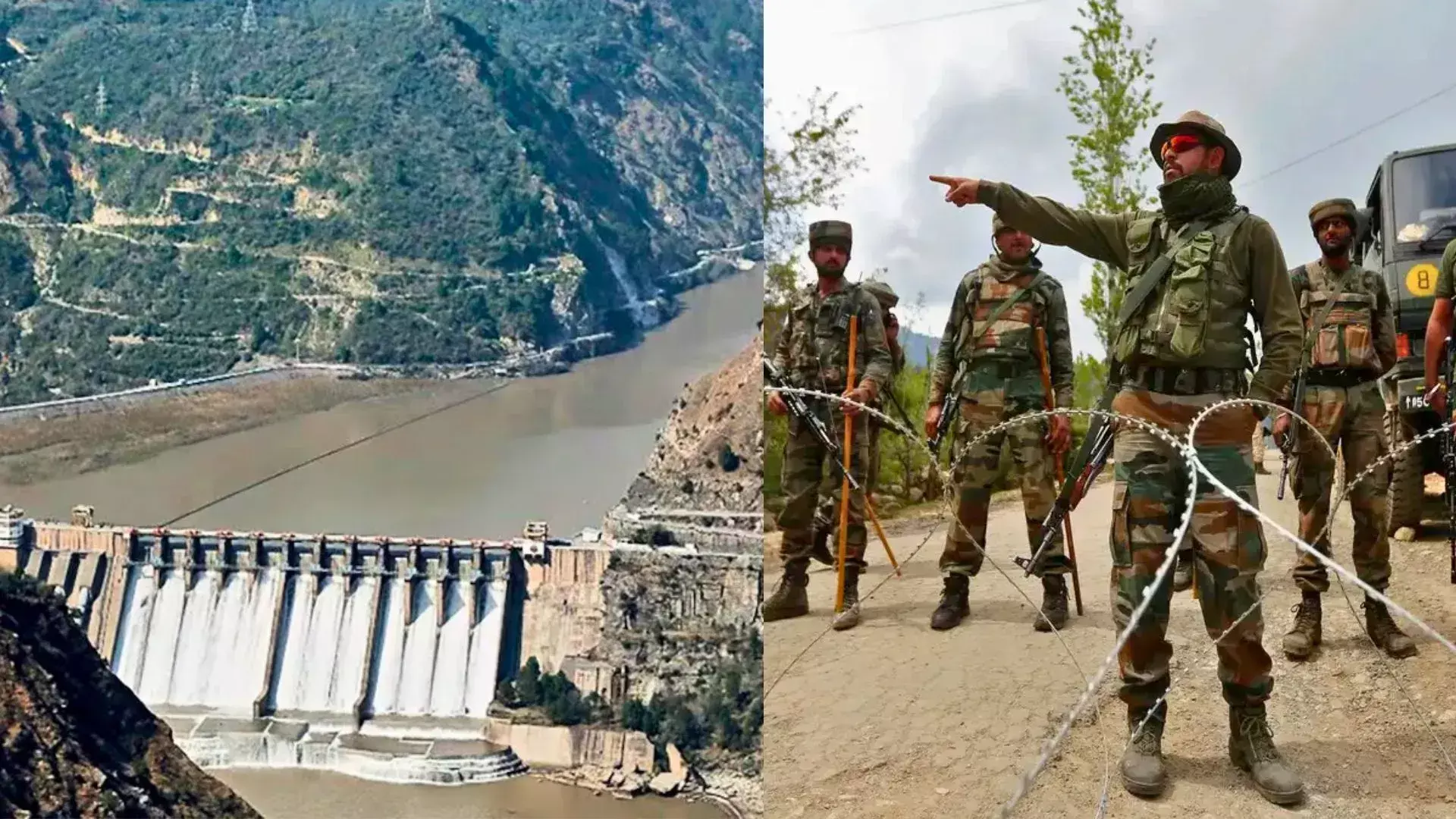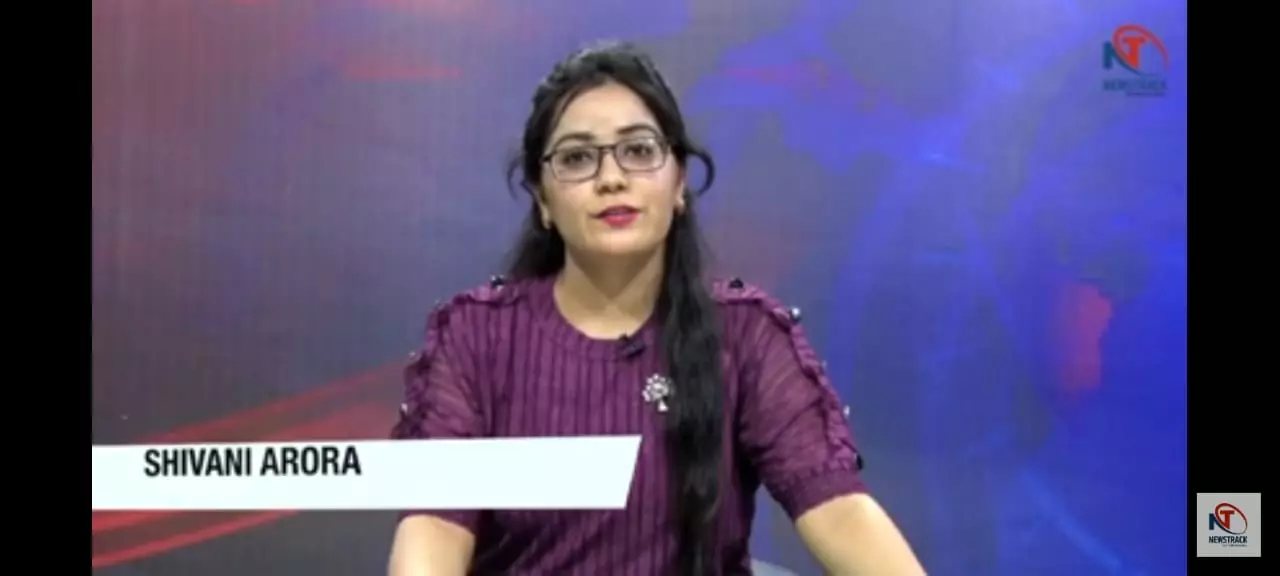TRENDING TAGS :
India Maintains Robust Sanctions on Pakistan Post-Ceasefire
India maintains strict sanctions against Pakistan despite the May 10, 2025, U.S.-brokered ceasefire. Measures include IWT suspension, trade embargo, and diplomatic restrictions, highlighting India's firm stance on terrorism.
Following the U.S.-brokered ceasefire agreement between India and Pakistan on May 10, 2025, which halted four days of intense military hostilities, India has reaffirmed its commitment to maintaining a series of stringent sanctions against Pakistan. These measures, initiated in response to the April 22, 2025, terror attack in Pahalgam, are set to continue despite the cessation of kinetic military actions. The sanctions, targeting Pakistan’s economic, diplomatic, and strategic interests, underscore India’s firm stance against terrorism and its resolve to keep pressure on Islamabad.
Sanctions in Place
Suspension of the Indus Waters Treaty (IWT)
India suspended its participation in the IWT on April 23, 2025, a move Pakistan labeled a “hostile act.” The treaty, signed in 1960, governs the sharing of six rivers, including the Indus, which are vital for Pakistan’s agriculture. This sector employs 40% of Pakistan’s workforce and contributes 24% to its GDP. The suspension disrupts water flow, threatening food security and economic stability. Government sources confirm that the IWT suspension will remain in place, signaling India’s intent to leverage water as a strategic tool.
Trade Embargo
India has imposed a complete ban on direct and indirect imports from Pakistan, effectively halting bilateral trade. This includes suspending all postal links and prohibiting ships from Pakistan from entering Indian ports. The trade embargo has exacerbated economic pressures in Pakistan, where markets are reportedly facing unprecedented inflation.
Airspace Restrictions
India closed its airspace to all airlines originating from Pakistan, severely limiting Pakistan’s aviation connectivity. While Pakistan reopened its airspace post-ceasefire, India’s restrictions continue, impacting Pakistani carriers and regional logistics.
Visa and Diplomatic Curbs
All Pakistani visas, except long-term, diplomatic, and medical visas valid until April 29, 2025, have been revoked. Pakistani nationals under the SAARC Visa Exemption Scheme (SVES) were given 48 hours to leave India. Additionally, Pakistani diplomats and defense attachés were expelled, further straining diplomatic ties. These measures remain in effect, with no timeline for relaxation.
Digital and Communication Blockades
India is considering blocking Pakistani IP addresses and websites, alongside suspending Pakistani social media accounts. Over 8,000 X accounts linked to alleged disinformation campaigns were taken down during the conflict, and these digital restrictions are expected to persist as part of India’s counter-terrorism strategy.
Financial and Economic Pressure
While specific financial sanctions were not detailed in official statements, posts on X suggest that India is imposing financial restrictions on Pakistan, potentially targeting banking and trade transactions. These measures aim to further strain Pakistan’s already fragile economy, grappling with skyrocketing public debt and declining living standards.
Strategic Implications
India’s decision to maintain these sanctions reflects a strategic shift in its security doctrine, articulated on May 10, 2025, when officials declared that any future act of terrorism would be considered an “act of war.” This policy, coupled with the continuation of punitive measures, signals India’s intent to keep Pakistan under sustained pressure, even during periods of de-escalation. Prime Minister Narendra Modi, in a May 12 address at Adampur airbase, described Operation Sindoor as a new normal in India’s fight against terrorism, warning that decisive actions would continue against threats from Pakistan.
The sanctions, particularly the IWT suspension, have drawn international attention. Pakistani Prime Minister Shehbaz Sharif expressed hope that the international community would engage on the treaty’s status, while China’s Foreign Minister Wang Yi voiced support for a comprehensive ceasefire and Pakistan’s counter-terrorism efforts.
India’s unwavering stance, coupled with Pakistan’s economic vulnerabilities, sets the stage for a prolonged period of strategic maneuvering. The international community, particularly the U.S. and China, will likely play a critical role in preventing further escalation, but India’s rejection of mediation complicates diplomatic efforts. For now, the ceasefire holds, but the sanctions ensure that Pakistan remains under significant pressure.


